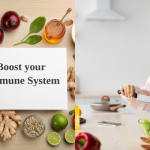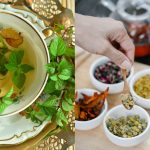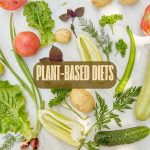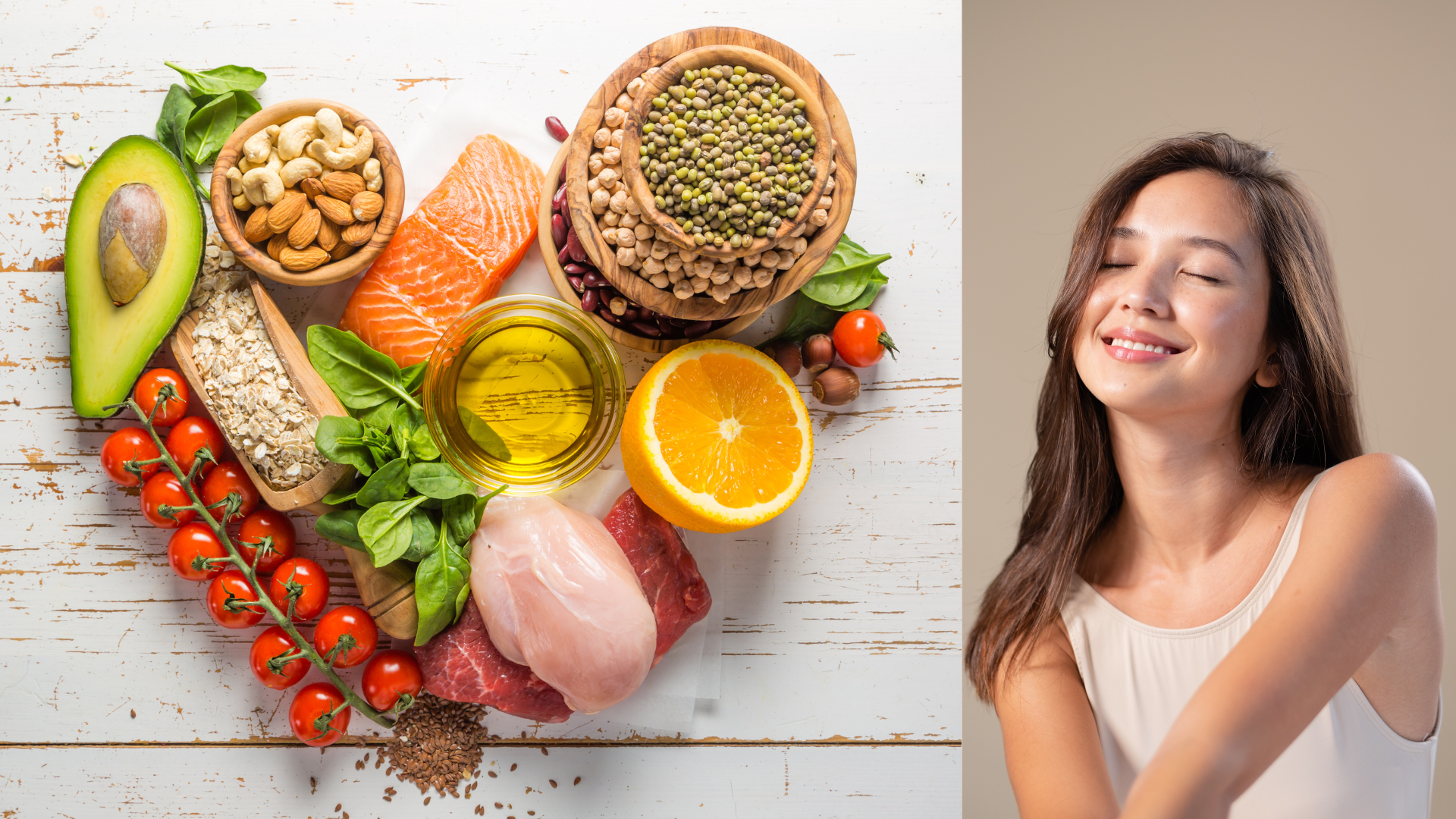OVERVIEW
Achieving healthy, radiant skin involves more than just using skincare products; your diet significantly impacts the clarity and glow of your complexion from within. Key nutrients like antioxidants, vitamins, and essential fatty acids are crucial for sustaining skin health. Conversely, certain foods can lead to common skin issues such as acne, dryness, and dullness. In this article, we will explore how various nutrients benefit the skin, identify foods to prioritize, and discuss dietary changes that enhance hydration, elasticity, and overall skin balance.
Essential Nutrients for Luminous Skin and Their Advantages
- Antioxidants
Antioxidants play a vital role in shielding the skin from free radicals—unstable molecules that can harm skin cells and speed up the aging process. Important antioxidants include vitamins C and E, which can be found in fruits and vegetables such as berries, oranges, spinach, and nuts. For instance, vitamin C brightens the skin and boosts collagen production, while vitamin E provides soothing and healing benefits, especially for dry or sensitive skin types.
- Vitamins A, C, and E
- Vitamin A: This vitamin is critical for renewing and repairing skin cells, aiding in the reduction of acne and enhancing overall skin texture. Wonderful options are carrots, sweet potatoes, and leafy greens.
- Vitamin C: Recognized for encouraging collagen production and lowering inflammation, vitamin C helps keep the skin firm and radiant. Foods abundant in vitamin C comprise citrus fruits, bell peppers, and strawberries.
- Vitamin E: As a potent antioxidant, vitamin E protects skin cells from damage and lowers the risk of early aging. It is present in nuts, seeds, and leafy greens.
- Omega-3 Fatty Acids
Omega-3 fatty acids are vital for maintaining skin hydration and elasticity. They aid in maintaining the skin’s lipid barrier, which assists in moisture retention and reduces inflammation. Some of the best sources of omega-3 fatty acids include fatty fish such as salmon and sardines, as well as walnuts and chia seeds. Consistent consumption of omega-3s can alleviate dryness and enhance conditions like eczema.
- Zinc
Zinc is essential for wound healing, minimizing inflammation, and controlling oil production in the skin, making it particularly useful for acne management. Foods that are rich in zinc include pumpkin seeds, lentils, and chickpeas.
Foods That Encourage Hydration, Collagen Production, and Elasticity in Skin
- Water-Laden Fruits and Vegetables
Maintaining hydration is crucial for healthy skin, as a lack of moisture can result in dryness and a lackluster appearance. Consuming fruits and vegetables with high water content, such as watermelon, cucumber, and oranges, helps sustain proper hydration levels, contributing to supple and glowing skin.
- Protein-Rich Foods
Protein plays a crucial role in the production of collagen, which is essential for maintaining skin firmness and elasticity.. Lean meats, eggs, beans, and tofu are good sources of the amino acids necessary to foster skin elasticity and delay signs of premature aging. Since collagen production naturally declines with age, incorporating protein-rich foods can be particularly advantageous as we grow older.
- Healthy Fats
Nutrient-rich fats, like those present in avocados, olive oil, and nuts, contribute positively to preserving moisture and flexibility in the skin.. These fats help strengthen the skin’s natural barrier, preserving moisture and preventing irritation. Avocados are especially rich in both healthy fats and vitamin E, making them an excellent choice for achieving soft and smooth skin.
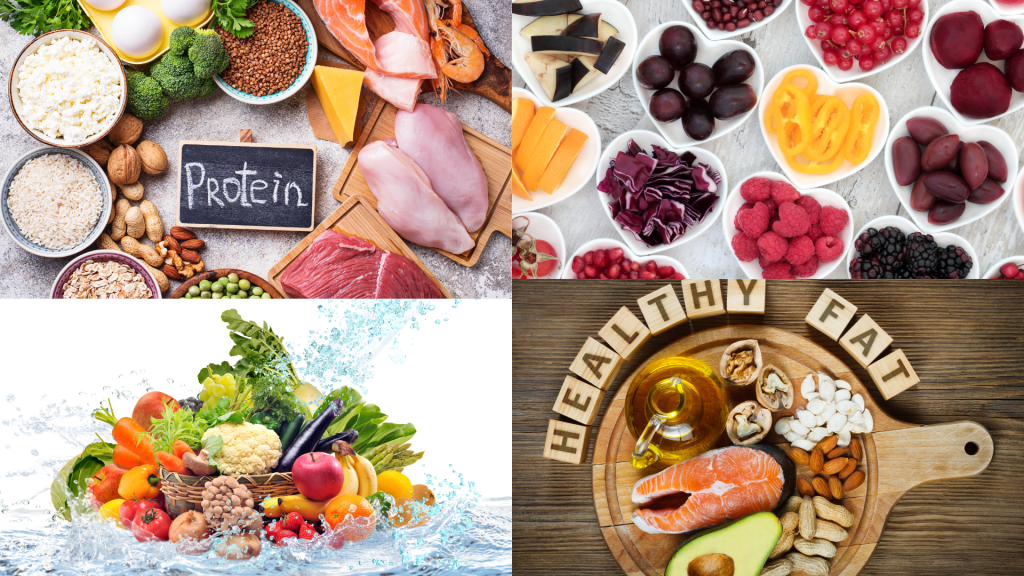
Here are some foods to limit for skin issues:
- Sugar
Consuming high amounts of sugar may lead to glycation, a phenomenon where sugar molecules harm collagen and elastin fibers, resulting in wrinkles and a decrease in skin firmness. Reducing sugar consumption, especially refined sugars found in candies and carbonated drinks, can help preserve a youthful appearance.
- Dairy
Research indicates that dairy products, especially milk, might be associated with acne. Although studies are still ongoing, some individuals report that cutting back on dairy enhances their skin. Alternatives such as almond or oat milk can offer a similar flavor and texture without potential acne-causing effects.
- Processed Foods
Many processed foods are loaded with unhealthy fats, sugars, and sodium, which can worsen inflammation and dryness. Swapping out processed snacks for whole foods like fruits, vegetables, and nuts can have a favorable impact on skin health.
Meal Ideas and Snacks for Skin Nourishment
Here are some meal and snack suggestions abundant in skin-nourishing nutrients:
- Breakfast: Enjoy Greek yogurt topped with berries (packed with antioxidants), chia seeds (rich in omega-3s), and a drizzle of honey. Another option is avocado toast sprinkled with pumpkin seeds for added zinc.
- Lunch: Create a substantial salad filled with leafy greens (vitamin A), bell peppers (vitamin C), carrots, and salmon (omega-3s), drizzled with olive oil. Complement it with a side of citrus fruit for a refreshing boost of vitamin C that brightens the skin.
- Snack: Munch on a handful of mixed nuts (providing vitamin E and healthy fats) or enjoy a sliced apple accompanied by almond butter. Both options offer vital nutrients that help support skin hydration and elasticity.
- Dinner: Have grilled chicken or tofu alongside quinoa, steamed broccoli, and sweet potatoes. This meal provides a variety of nutrients, including protein for collagen, vitamin C, and beta-carotene, which the body transforms into vitamin A.
Closing Thoughts
Proper nutrition is crucial for maintaining healthy skin. By adding nutrient-rich foods such as berries, leafy greens, fatty fish, and nuts, you can enhance hydration, collagen synthesis, and elasticity, contributing to a radiant complexion. On the other hand, minimizing sugar, dairy, and processed foods can help reduce common skin issues like acne and premature aging. Adopting a diet supportive of skin health is a practical and enjoyable method to improve your skincare routine, promoting a vibrant, healthy complexion from within.




